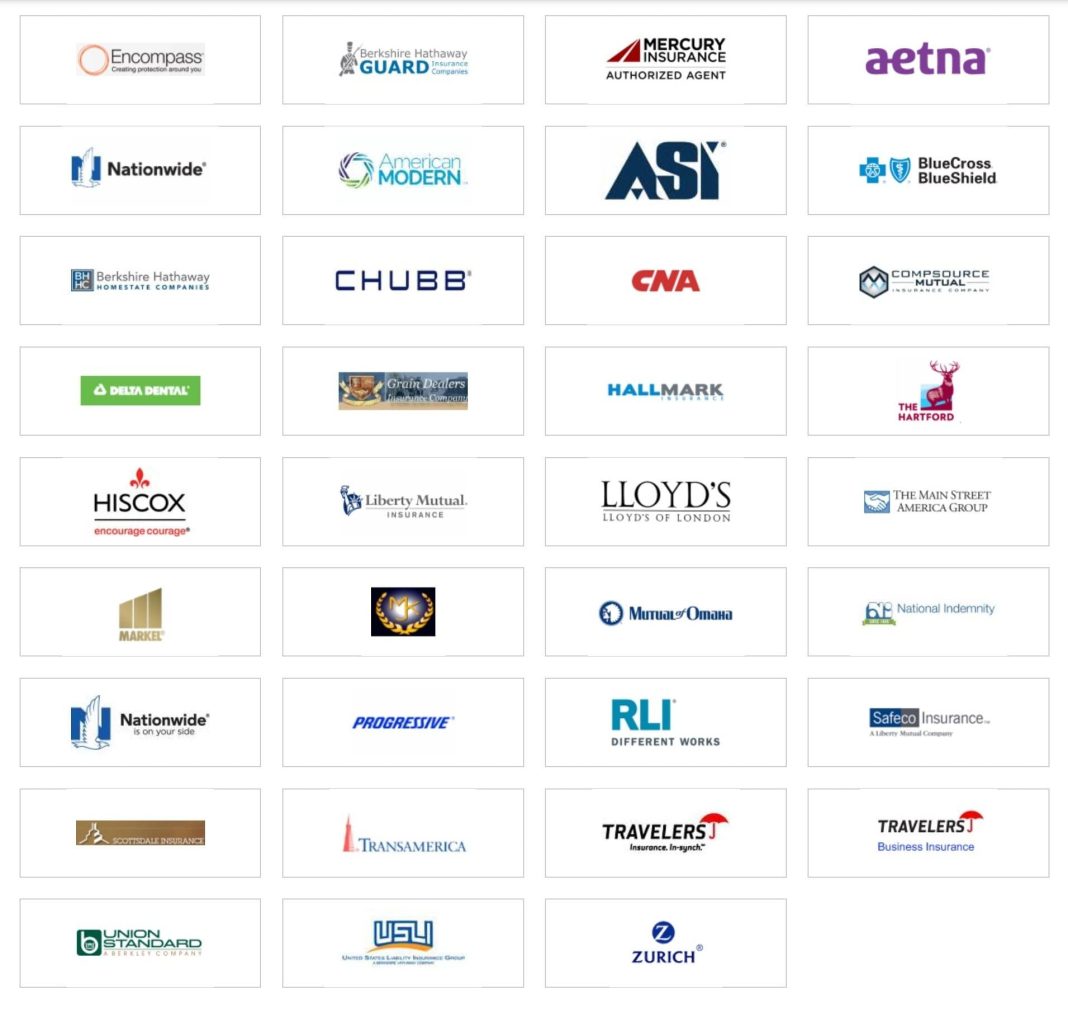When faced with the daunting task of filing an insurance claim, many individuals find themselves overwhelmed by the complexity of the process. Navigating the intricacies of insurance policies can be challenging, yet asking the right questions can make a significant difference in the outcome of your claim. In this article, we delve into the essential questions you should pose to your insurance company before initiating a claim. With an authoritative approach, we aim to equip you with the knowledge necessary to ensure clarity, avoid potential pitfalls, and maximize your claim’s success. Understanding these critical inquiries will empower you to engage confidently with your insurer, safeguarding your interests and streamlining the claims process.
Understanding Policy Coverage and Exclusions
Before initiating a claim, it’s crucial to delve into the specifics of your insurance policy to understand both its coverage and exclusions. Start by examining the key areas of protection your policy offers. This includes understanding what types of incidents are covered, such as natural disasters, theft, or personal liability. Make sure you know the limits of coverage, which can greatly affect your out-of-pocket expenses.
Equally important is identifying what your policy does not cover. Policies often have specific exclusions that can catch policyholders off guard. Common exclusions might include certain natural disasters, wear and tear, or damage from lack of maintenance. Here’s a checklist to consider:
- Review the definitions section for clarity on terms used.
- Identify any specific exclusions related to your geographical area.
- Understand the claims process and documentation required.
- Check if there are any endorsements or riders that modify standard exclusions.
By thoroughly understanding these elements, you can ensure that your expectations align with the reality of your policy, potentially saving time and avoiding frustration during the claims process.

Clarifying Deductibles and Out-of-Pocket Costs
When considering a claim, understanding the nuances of your deductible and out-of-pocket costs is crucial. A deductible is the amount you pay for covered healthcare services before your insurance plan starts to pay. Knowing the specific deductible amount for your policy can help you assess whether filing a claim is financially beneficial. Remember that deductibles can vary widely depending on the plan, so it’s vital to clarify if different services have separate deductibles.
- Annual Deductible: Confirm if your plan requires you to meet a yearly deductible and how much of it you’ve already met.
- Per-Incident Deductible: Some plans may have a deductible per incident or claim. Verify this to avoid unexpected costs.
- Out-of-Pocket Maximum: Understand the maximum amount you will have to pay out-of-pocket in a policy year. Once reached, your insurance should cover 100% of the costs.
By clarifying these elements with your insurance company, you can make informed decisions and potentially save on healthcare expenses. Always ask for a detailed breakdown to avoid any surprises when filing your claim.
Determining Claim Process and Documentation Requirements
When preparing to file a claim, it’s crucial to have a clear understanding of the process and the necessary documentation required. This can help you avoid delays and ensure a smoother experience. Begin by asking your insurance provider about the specific steps involved in filing a claim. Knowing whether you need to fill out forms online or if there’s a dedicated claims hotline can make a significant difference in how efficiently you can proceed.
- Required Documentation: Inquire about the exact documents needed to support your claim. This may include receipts, photographs, or detailed incident reports.
- Timeframes: Ask about the typical timeframes for each stage of the process. Understanding how long it might take to process your claim can help manage expectations.
- Potential Obstacles: Discuss any common issues that might arise during the claims process and how to proactively address them.
Being well-prepared with the right questions can empower you to navigate the claims process with confidence and efficiency.

Evaluating Impact on Premiums and Future Coverage
Understanding how filing a claim might affect your insurance premiums and future coverage is crucial. Before proceeding, it’s essential to ask your insurance provider about potential changes. Will my premiums increase if I file this claim? Some insurers might raise your rates after a claim, even if it was unavoidable. It’s important to weigh the cost of increased premiums against the benefit of the claim payout.
Additionally, inquire about how a claim could impact your future coverage. Are there any repercussions on my policy if I file a claim? Certain claims might lead to restrictions or exclusions in future policies. Knowing these details will help you make an informed decision. Consider asking about any available discounts or programs that could help offset potential premium increases, ensuring you maintain comprehensive coverage without undue financial strain.

